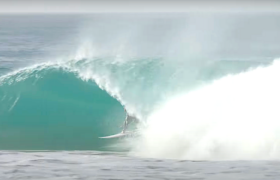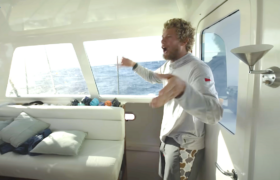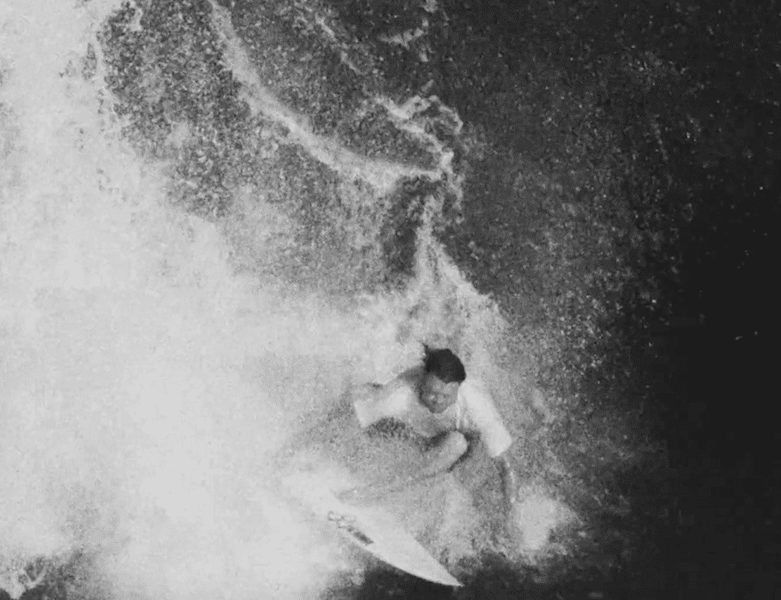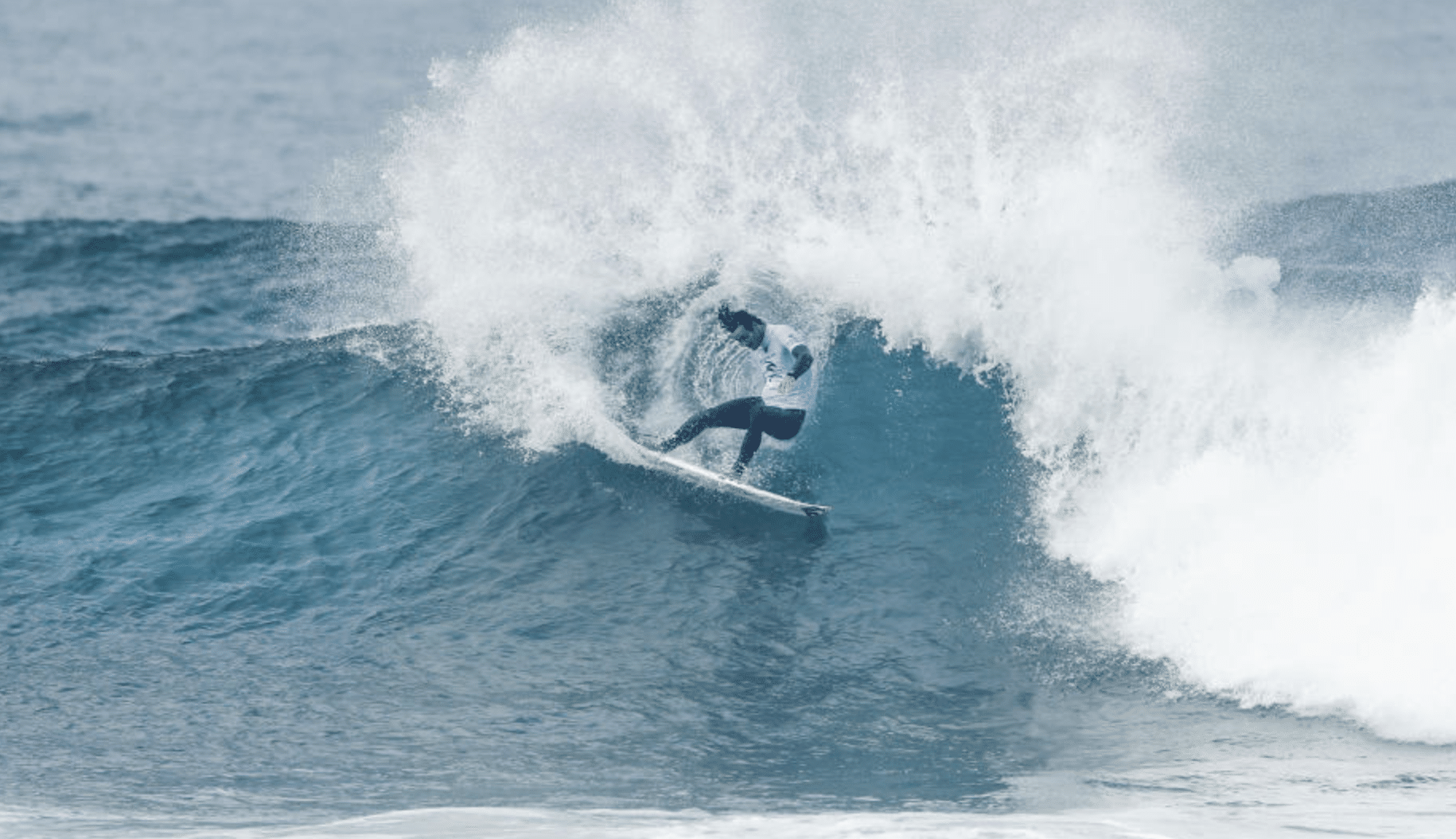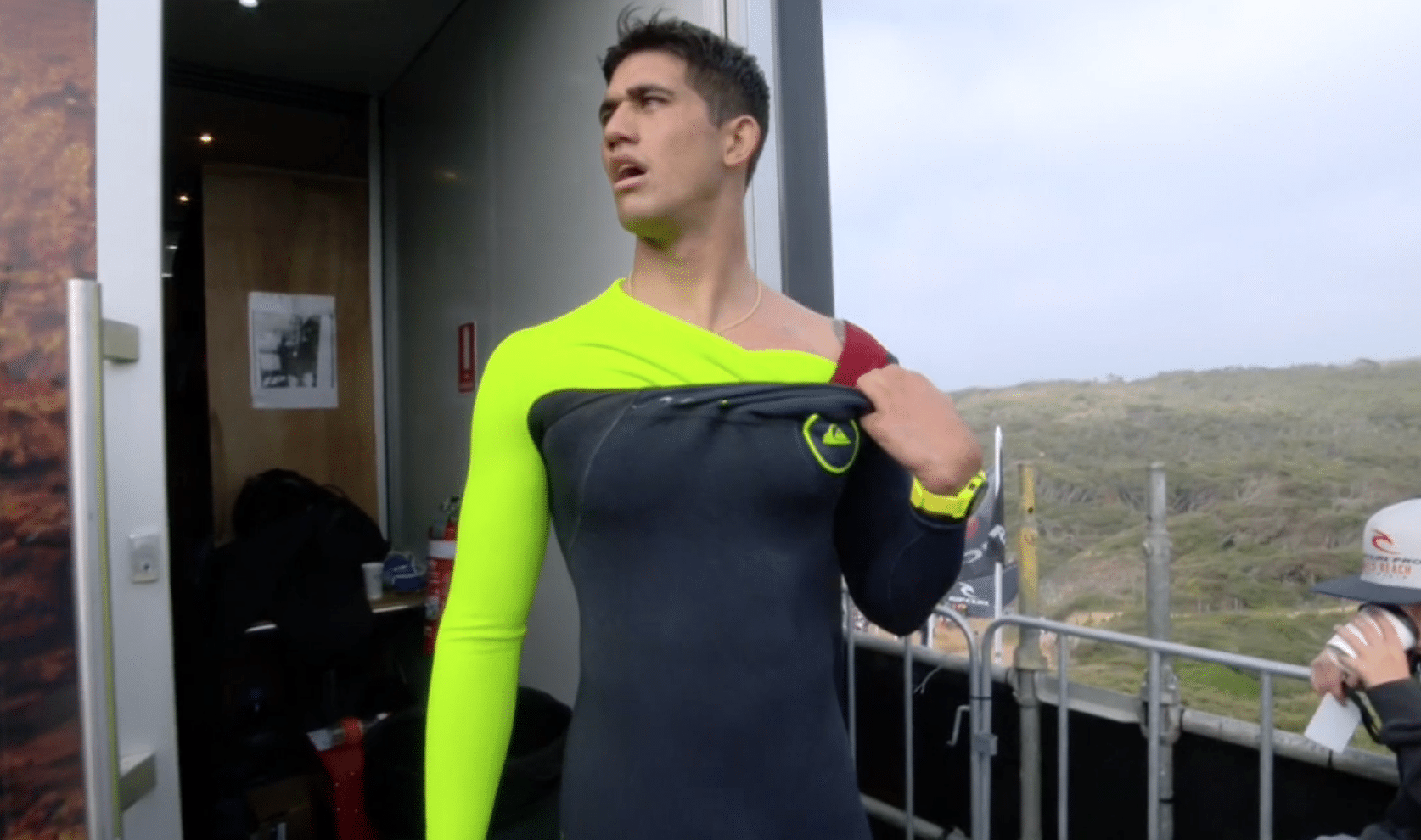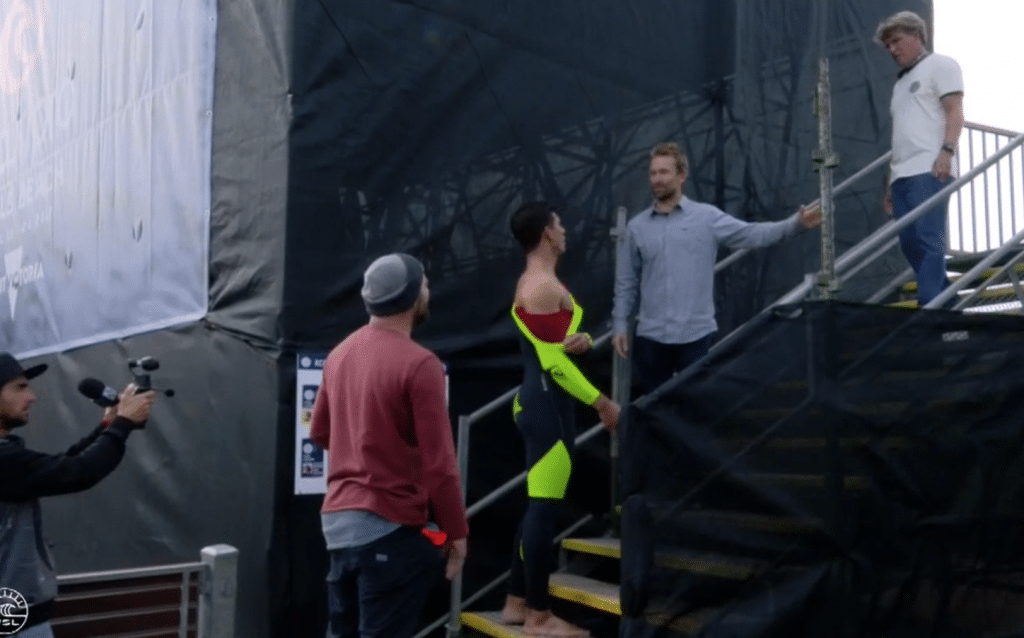Government policies "costing lives" says Fred Pawle after yesterday's fatal attack on a surfer…
On Holy Saturday, I bumped into the writer Fred Pawle while shopping for Easter eggs at a chocolatier in Bondi. The reader will be pleased to note I selected two one-pound eggs and a dark chocolate rabbit of equal heft, all of which were happily received by kids and lover.
Fred was running late for his shift at The Australian and since I hadn’t seen him since the wake for our mutual pal Bill Leak who had suddenly been called to heaven, I offered to drive Fred into the city.
It promised to be an exciting night.
Trump was threatening to take out North Korea’s nukes; Kim was promising a spectacular retaliation.
“World War III could start while I’m on the desk,” said Fred in his breathless bass. I asked if he could call me if it did indeed commence, to which he agreed.
Then we ruminated on how quiet sharks had been in Western Australia. Fred, as you know, keeps a very close eye on shark activity, particularly Great Whites.
Well, clearly we spoke too soon. Yesterday afternoon, a teenage girl was hit while surfing and died soon after in a nearby hospital.
And this morning, Fred opined that Australia’s timid response to overwhelming evidence that the shark thing was getting out of control was costing lives.
Unfortunately, the story is hidden by a paywall, but let’s take a small peek.
Our insane shark-conservation policies have cost another life, this time a 17-year-old girl who was attacked in front of her parents and siblings.
I would like to say that this incident will be the turning point in this debate, that our politicians will finally realise we need to reduce the increasing number of aggressive, lethal sharks in our waters, but this is unlikely.
• Senate shark inquiry ignores key issues
The forces against such action are deeply entrenched in all our major organisations. For example, Surf Life Saving Western Australia, where yesterday’s attack occurred, recommends six responses to sharks: research, education, surveillance, communication, preventive action (“shark barriers”, which can be built only in placid waters) and emergency response. It does not recommend the reduction of sharks, despite many fishermen in the state saying the size and abundance of large sharks, especially great whites, off WA are alarmingly high.
Researchers and academics whose careers depend upon continued funding into the behaviour and fragility of these “apex predators” long ago convinced politicians and large sections of the community that to reduce the number of sharks in our waters would be an ecological disaster
So a teenage kid, doing what Aussie teenagers have done for more than a century, has died instead. She won’t be the last.
The Senate’s environment committee, chaired by Green Tasmanian Peter Whish-Wilson, will coincidentally hold public hearings into shark mitigation strategies in Perth on Thursday. If, when the hearings begin, the committee expresses sympathy for the latest victim’s family, it will be an act of breathtaking hypocrisy.
As reported in The Australian this month, the committee has already reached a conclusion that its job is to help revive the number of sharks in our waters, downplay the dangers they pose, dismiss methods that have proven successful in Queensland and Sydney, and educate the public about these “wonderful” and “extraordinary” animals.
Its priority is the safety of sharks first, people second.
Of the six people invited to the Perth hearings, two are conservationist academics (UWA professors Shaun Collin and Rebecca Meeuwig); one is selling an unreliable personal electronic deterrent (Shark Shield); one advocates the immediate abandonment of drumlins and nets in Queensland, the presence of which has coincided with an almost complete absence of fatal attacks for 50 years (Sea Shepherd); and another is SLSWA, whose timid six-point plan is outlined above.
For the remaining couple of paragraphs, sign up to The Australian and dive in.
